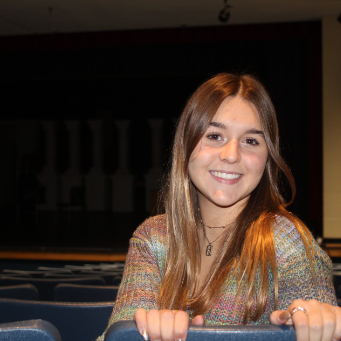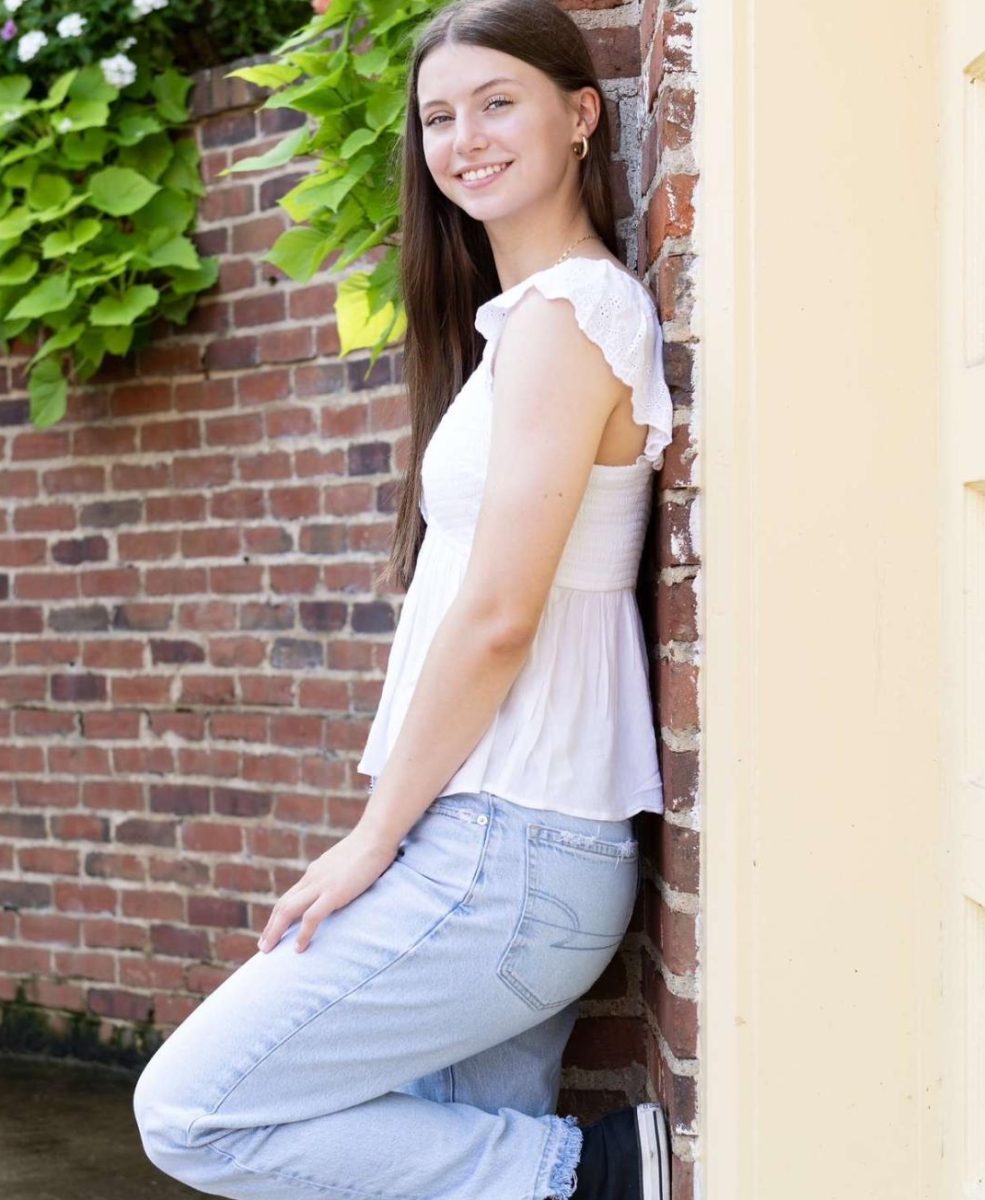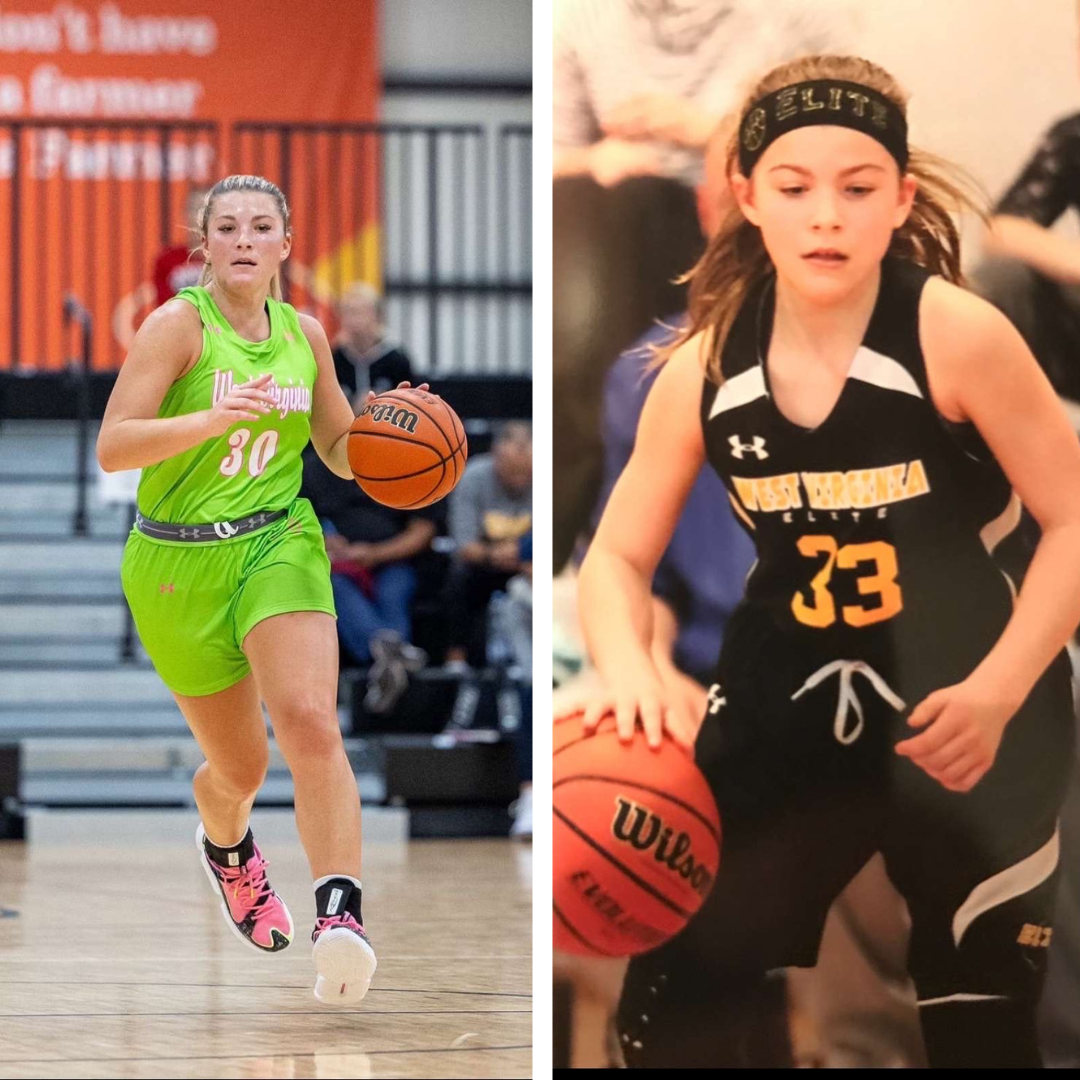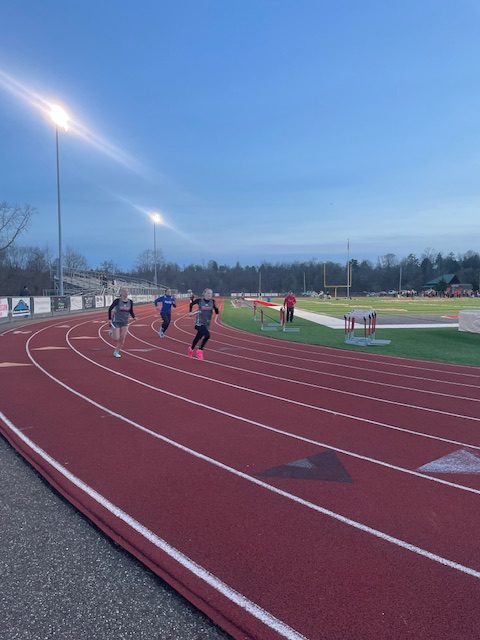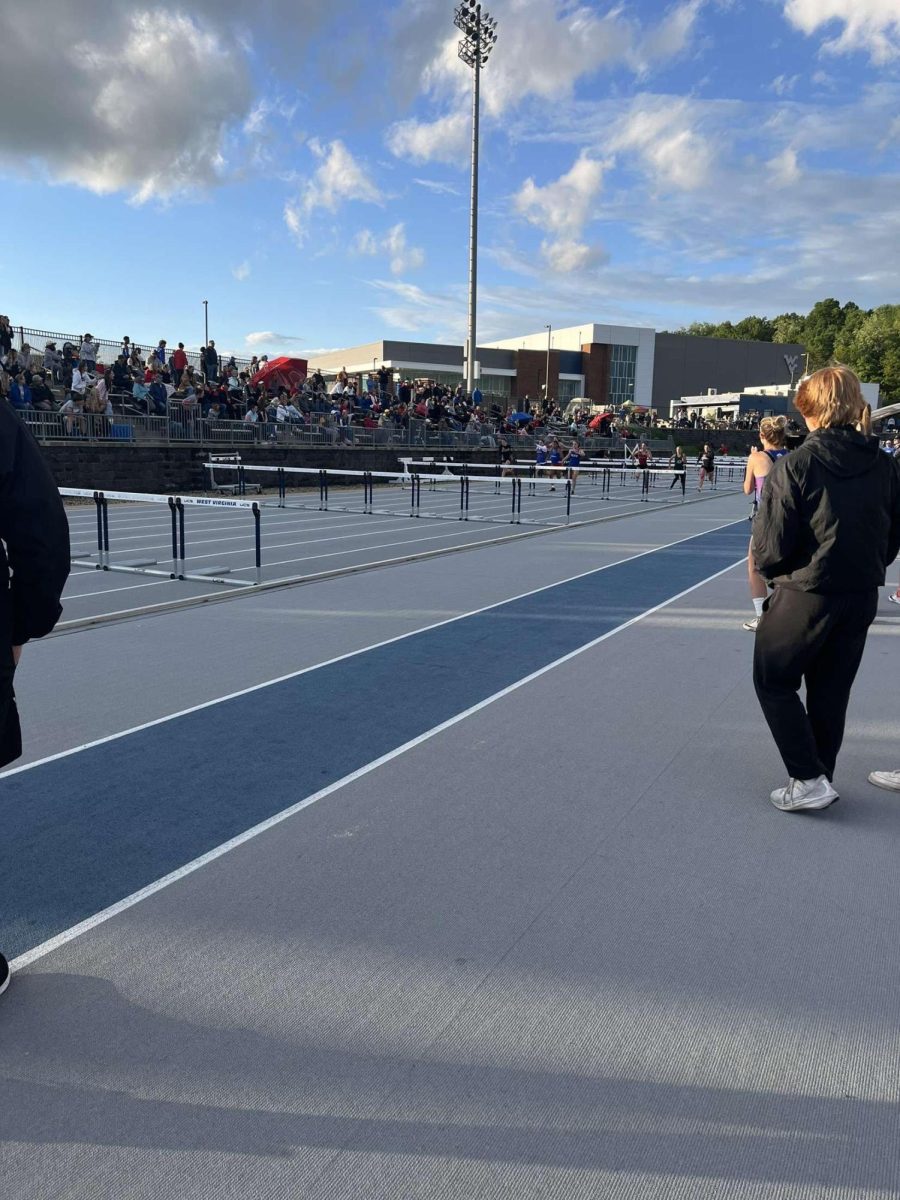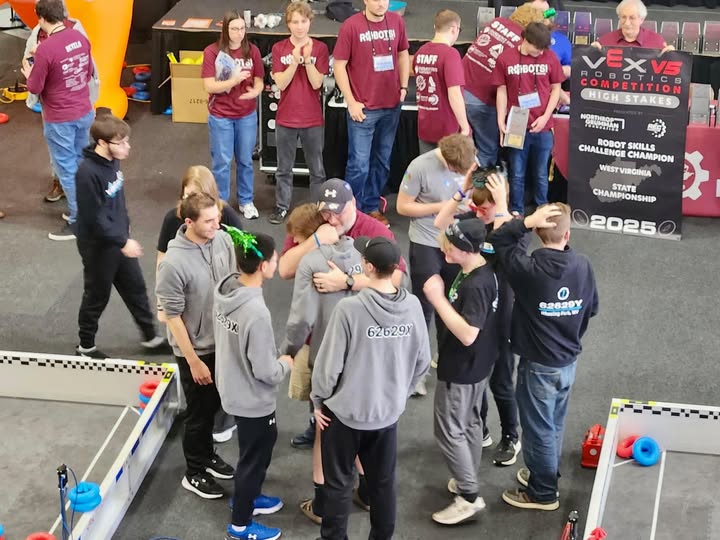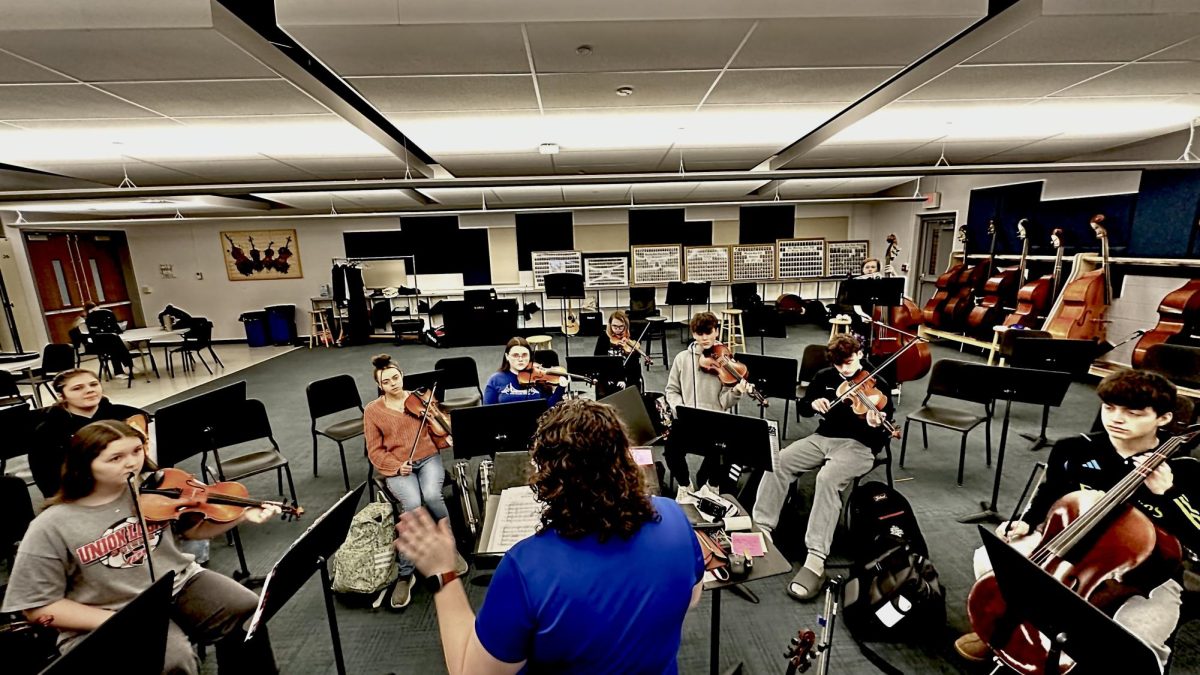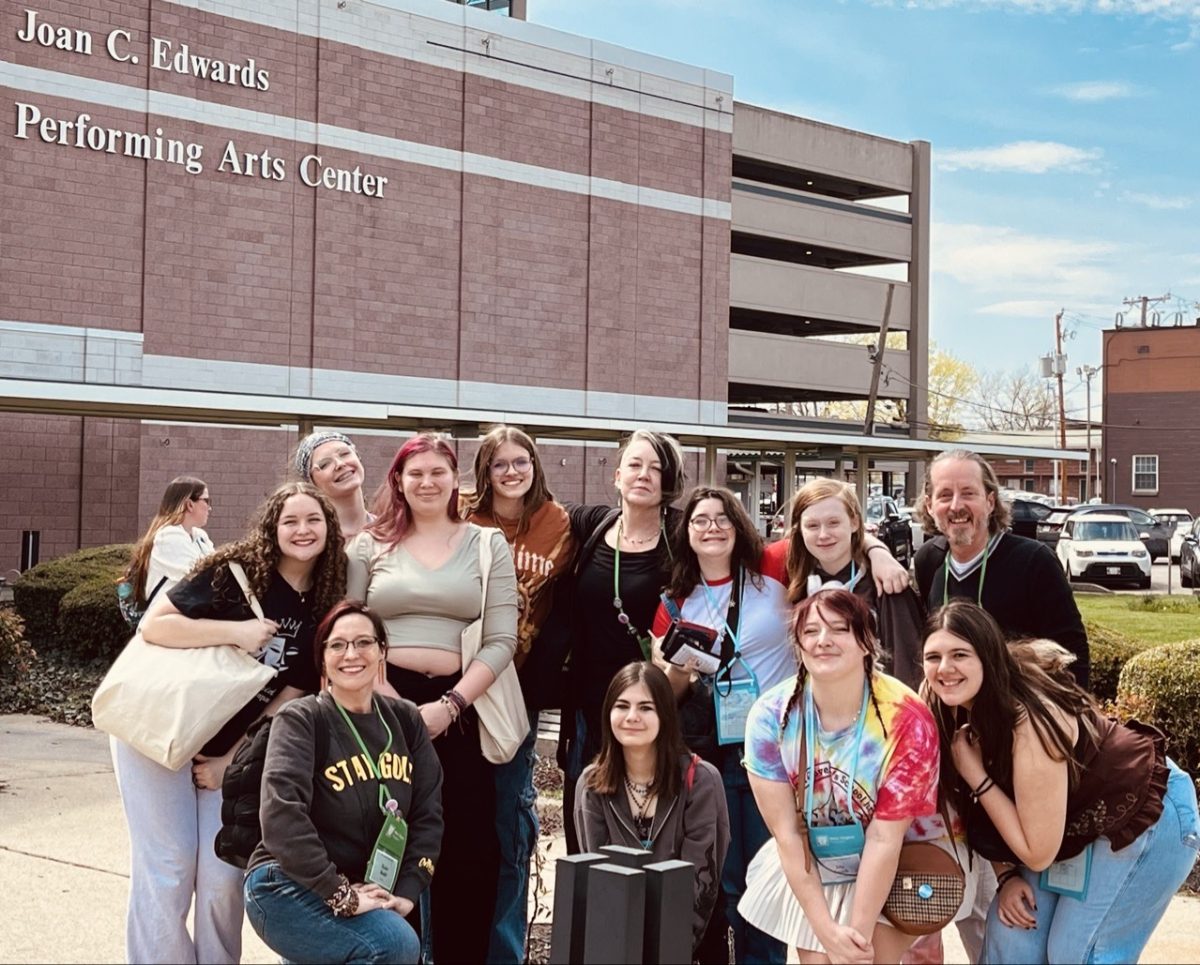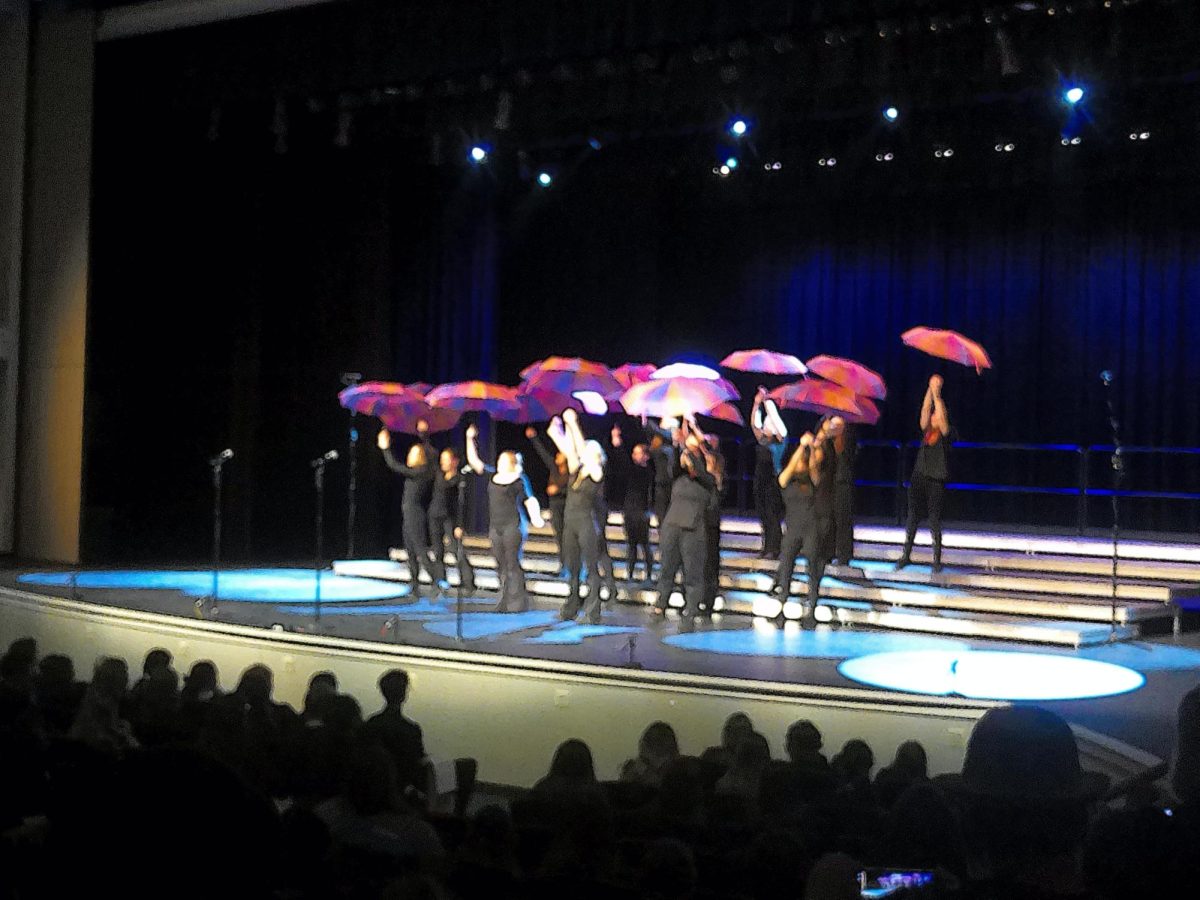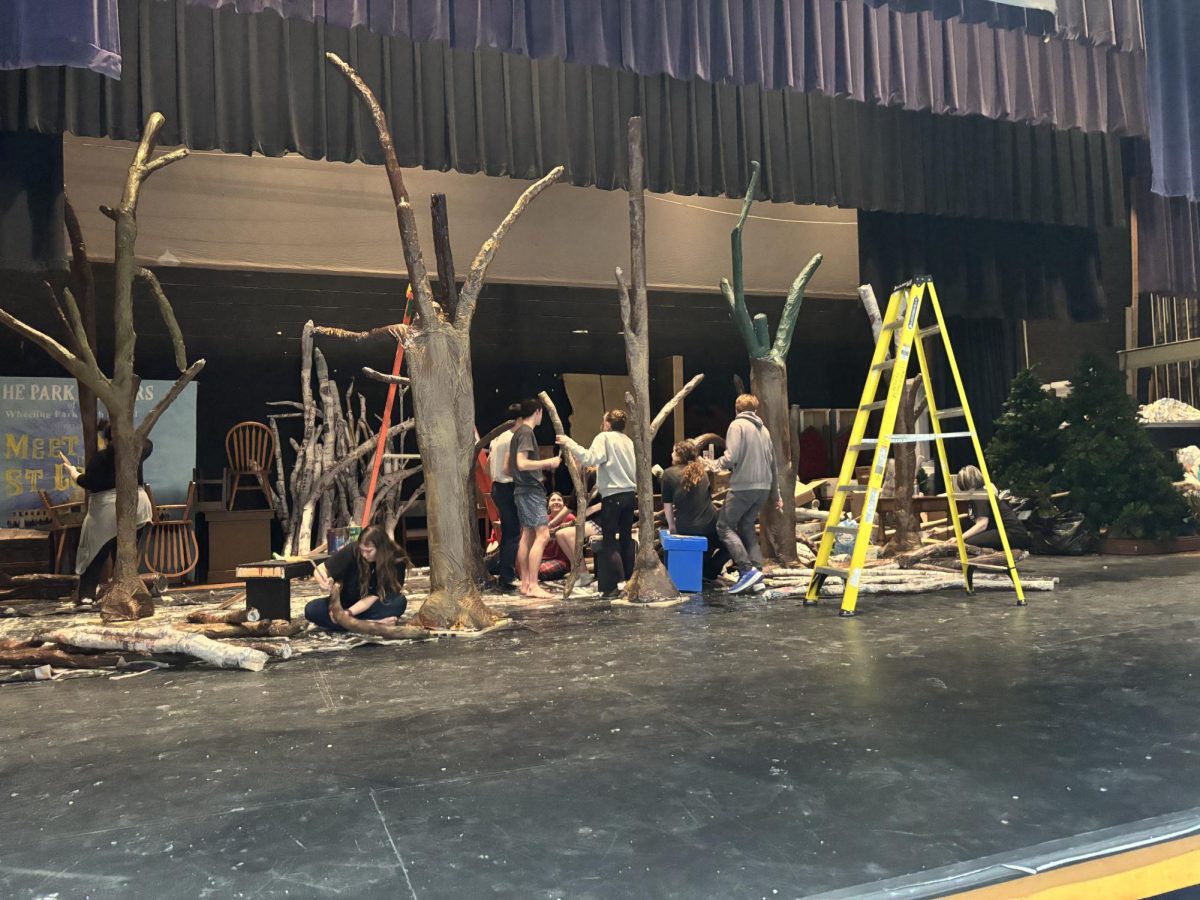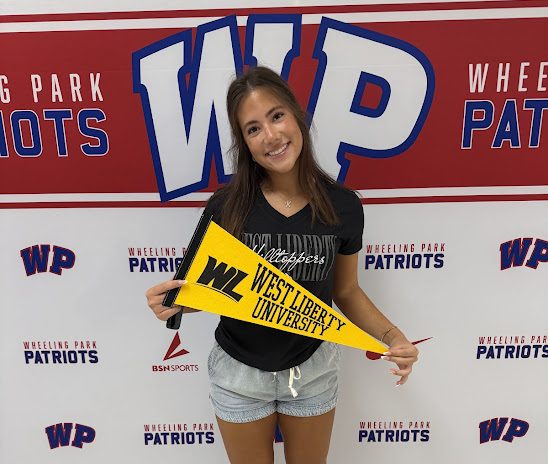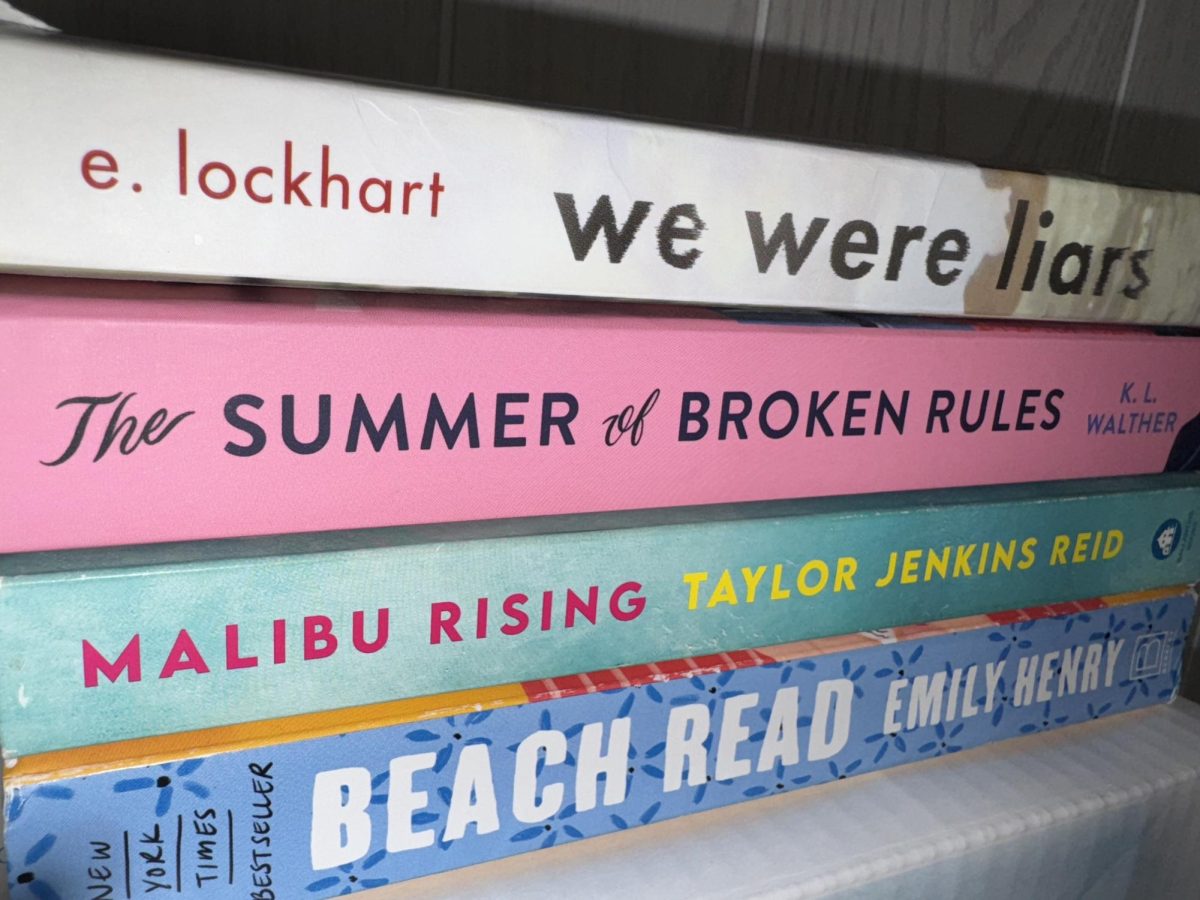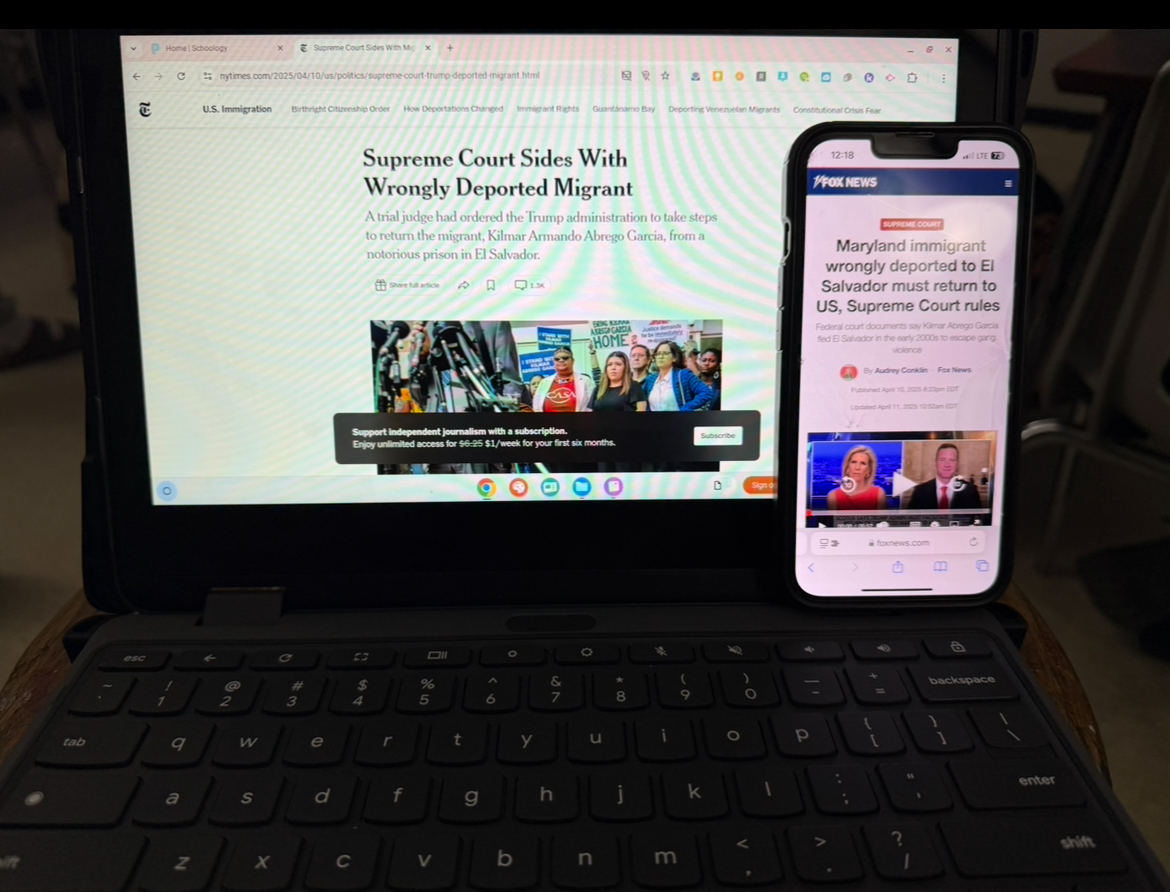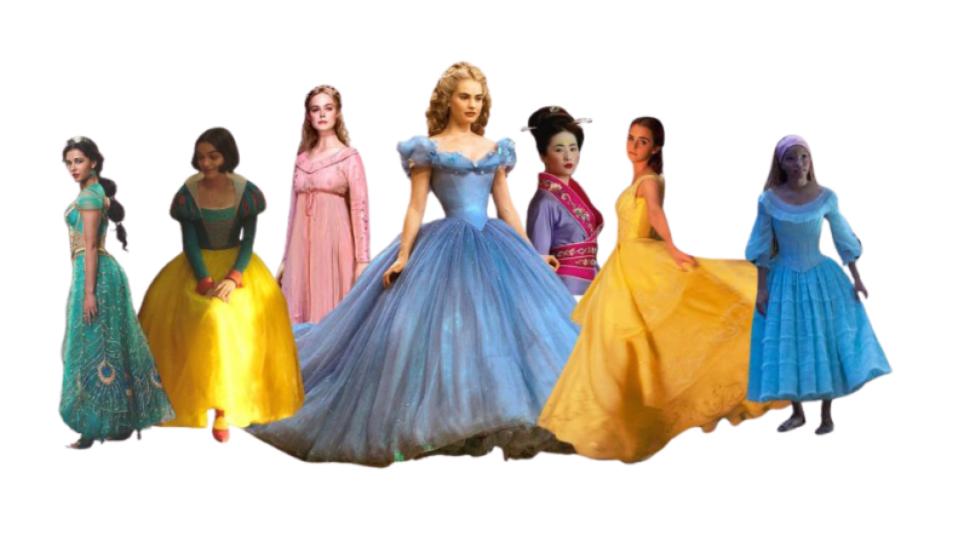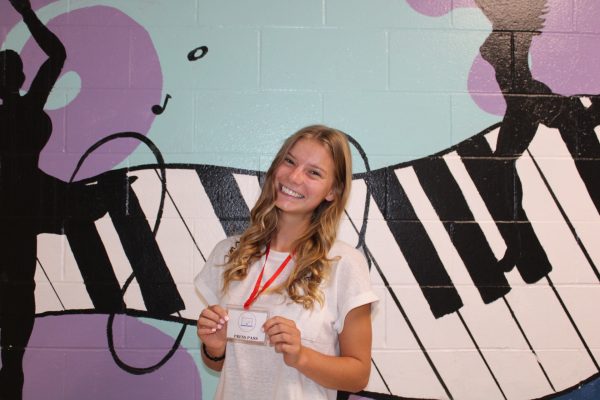What Makes a Good Teacher a Good Teacher?
November 2, 2022
What is the deciding factor between the 2nd grade teacher whose name and class you’ll never forget, compared to racking your brain to remember what teacher you had for 11th grade science? After interviewing an array of teachers here at Park, I’ve boiled it down to three things: relationships with students, knowledge about the topic being taught, and if the teacher truly enjoys the job itself. These three things immediately earn respect from students, causing them to learn more from the teacher.
The first question I asked the teachers I interviewed was: To what extent do you think relationships impact the respect students give you?
Mr. Podolski- “I think it’s all about relationships! Teachers have a personality that the students are drawn to…The kids are smart. They know if you like doing what you’re doing.”
Mr. Galik- “Teaching is about relationships. It’s about people knowing you care about them, it’s about knowing that someone is going to hold you to a standard that you might not hold yourself to, and someone believing in you when you might not necessarily believe in yourself.”
Ms. Johnson- “If I can have a positive interaction and relationship with students, then even if something is really hard or unusual, or seems pointless to them, because they like me and see me as someone trying to help them, they’re more likely to trust me and go with what I’m teaching.”
Ms. Redilla- “I think the relationship with your student or the classroom in general is 100% how well you or don’t do as a teacher. I think that because what you put into your students is what you’re going to get out…Something I try to do my very best at is being consistent….So students know what’s expected of them and I’m consistent with what kind of information they’re getting. That’s probably one of the biggest reasons I get respect back from students, they know they’re going to be treated fairly…And then just the work that you put in. If I expect students to come in and put in as much work as they do, then I should be putting in just as much work, and I do. I put in a lot of time inside and outside the classroom, and I think they realize that.”
Dr. Romick- “They are tremendously important. It has always been my belief as a teacher that first of all, you have to literally sincerely care about what you teach and be excited about it, otherwise it’s meaningless. And if you don’t hold that same kind of accountability to yourself and building relationships with your students, knowing and giving them respect as the almost adults that they are, you are not going to be successful in engaging them or connecting with them.
The second question I asked them was: What is the best way to get students to learn and retain information?
While they all stressed how it is different for every student, here are their responses.
Mr. Galik- “The truth is, if you know what you’re talking about, kids will sense that and absolutely respond.”
Ms. Johnson- “I find it to be getting to know my students… it comes back to relationships, if a kid feels like I’m on their side, they’ll be more willing to try different ways of doing things. I really feel like it’s connection and understanding a kid.”
Ms. Redilla- “Being that I teach Chem I students, they don’t know me, they’ve never had me before, so getting them to buy in to what I’m teaching them is a lot of times giving them the content with notes, but also backing that up with hands-on manipulation whether that be a lab or an activity, and then taking that even further by showing them how they’re going to use that information later. My Chem II has had me and they know what to expect, so with them it’s taking it and applying the information to other problems and then in the real world.”
Dr. Romick- “I’m a huge believer in social learning theories.…you have to make learning as absolutely fun and engaging as possible. I’m all about reading. If you force a kid to do 87 questions after a chapter, you’re making that kid to hate reading. That’s not teaching reading, there has to be a lot of give and take, there has to be choice where they get to have a voice in what they read. Obviously there are certain things you need them to read to appreciate, but you need to take into consideration to never forget what it was like to be a highschool student.”
For the orchestra teacher, I asked him the best way to get students to learn music.
Mr. Podolski- “It has to be enjoyable for me as the instructor, and hopefully my enthusiasm for the piece will make them like it.”
After talking to these teachers and looking for patterns in their responses, the answer is shown: relationships are incredibly important in addition to expertise, effort in and out of the classroom, and if the teacher enjoys what they do. For any current or future teachers, these things are crucial to have a successful year.


